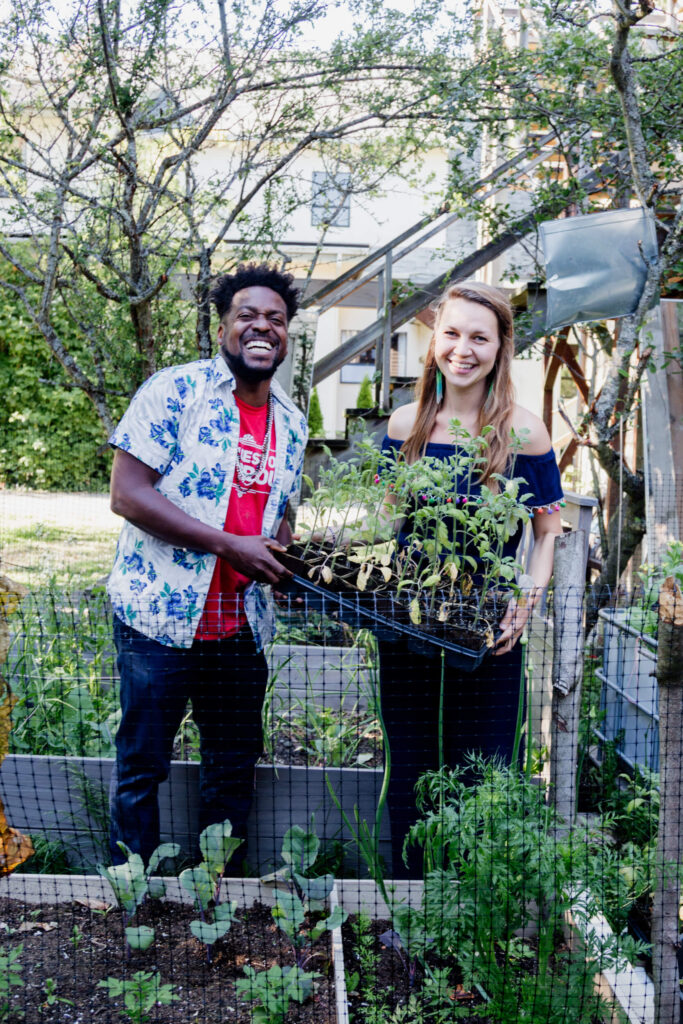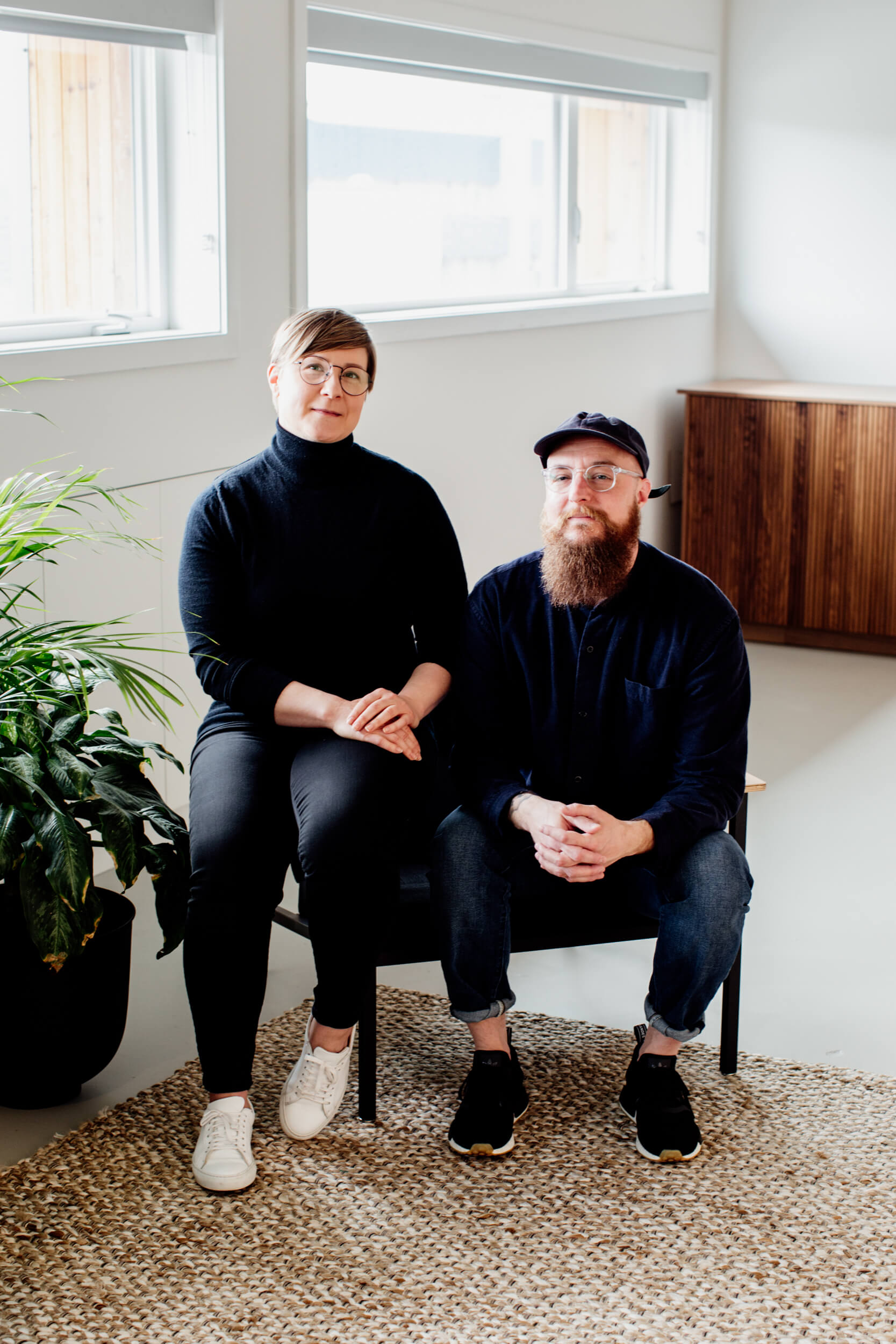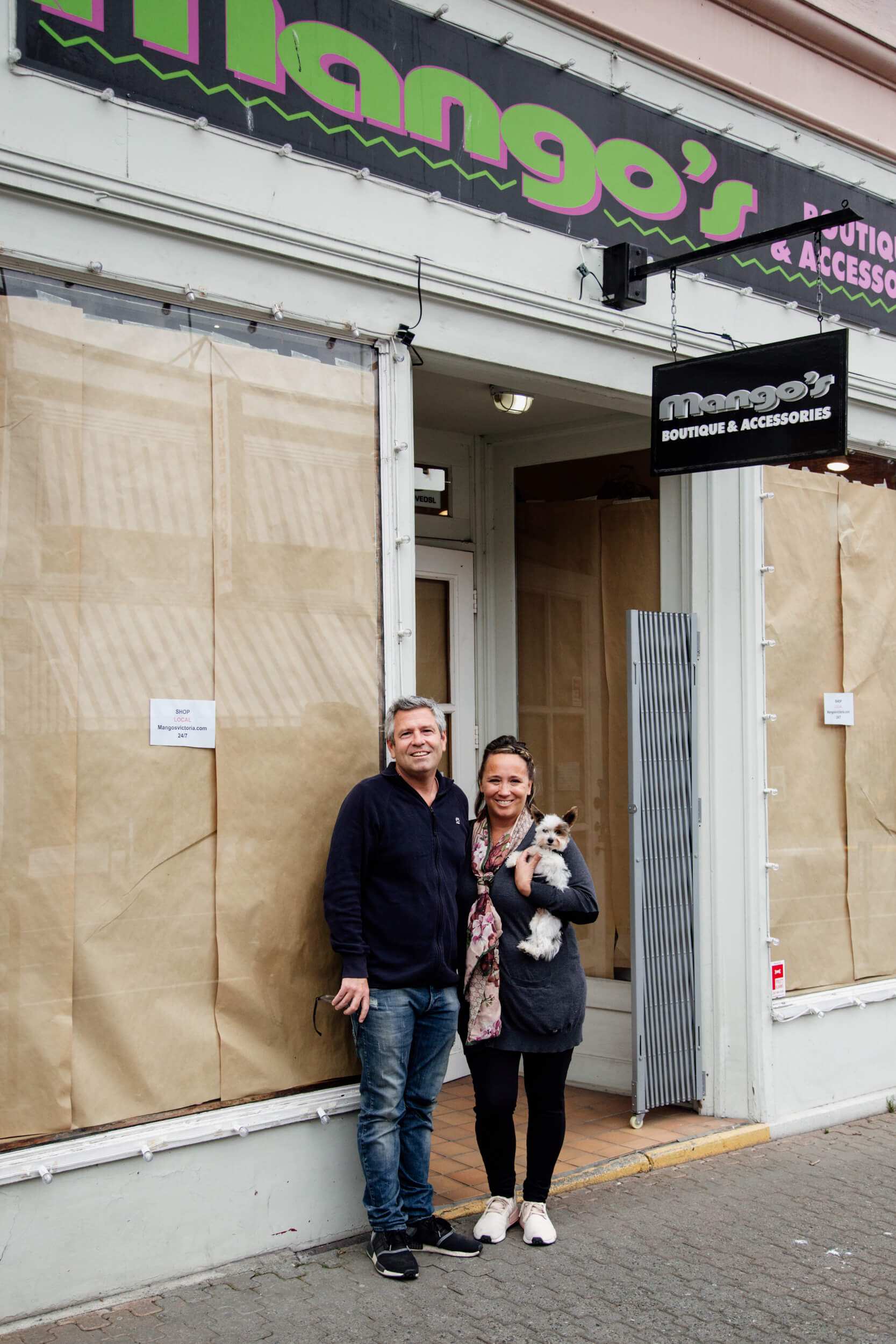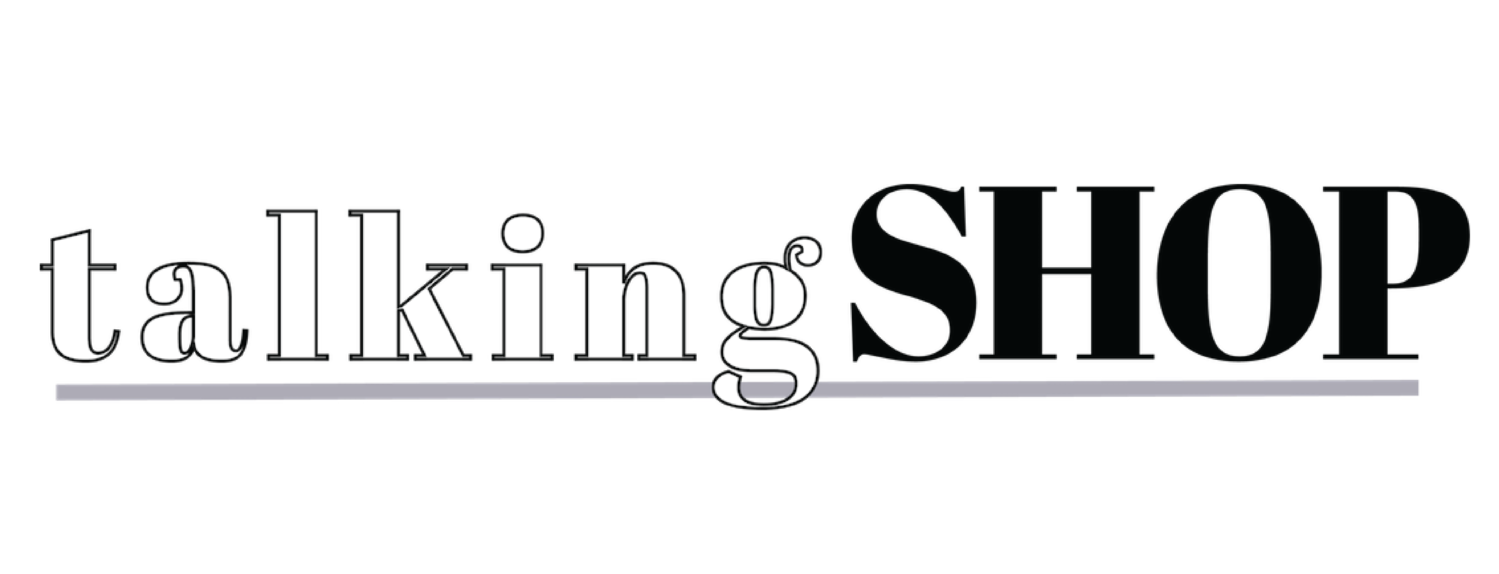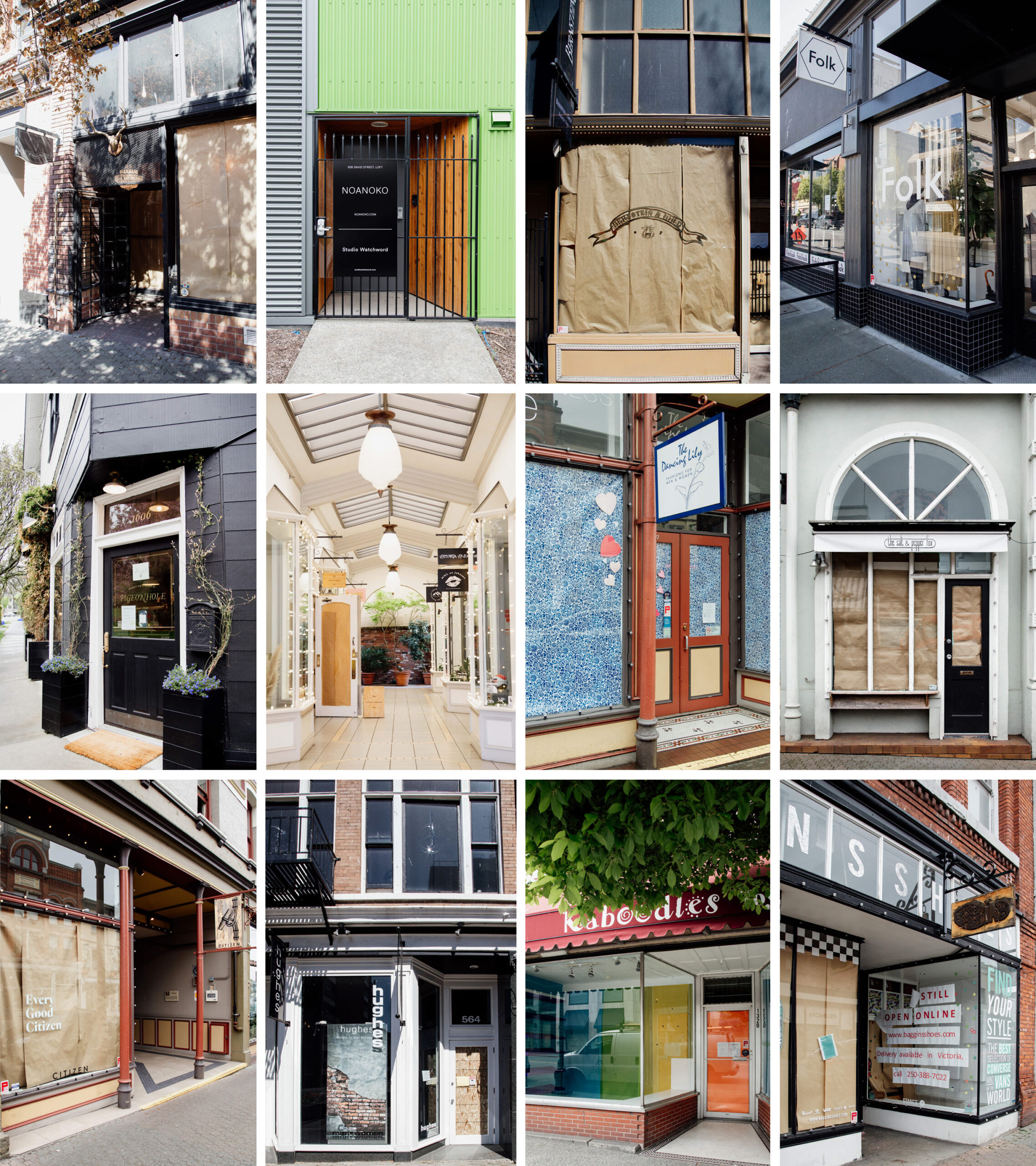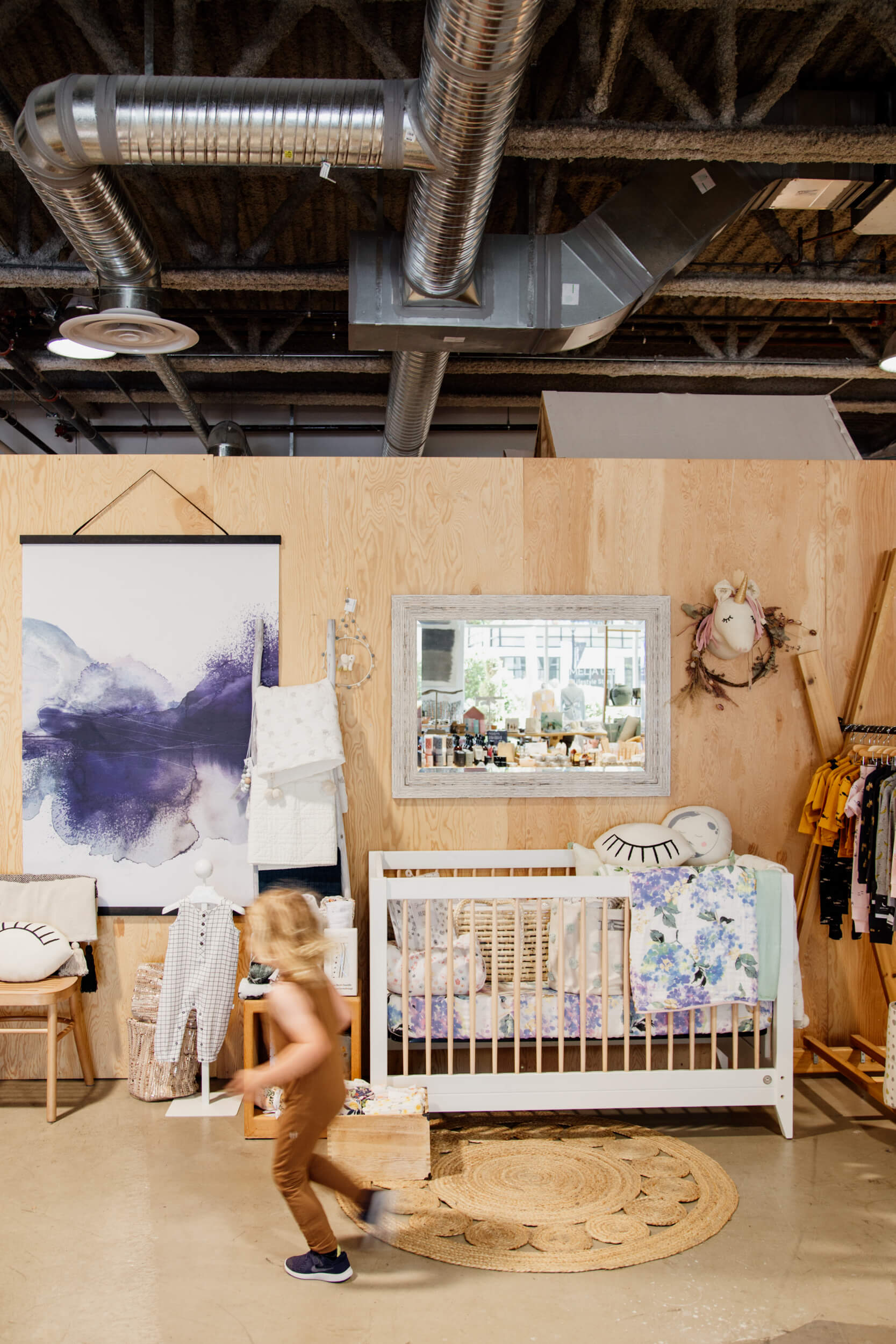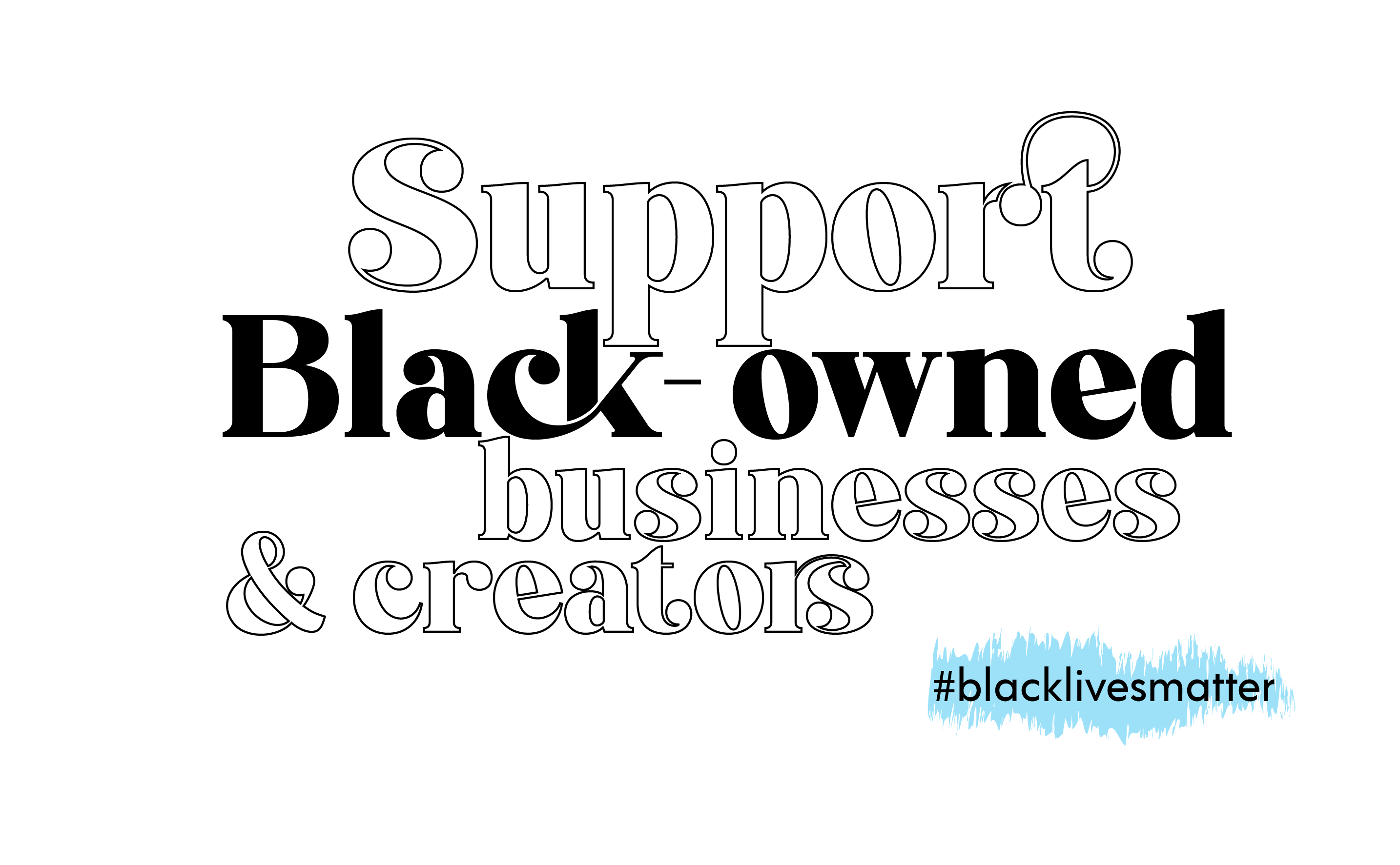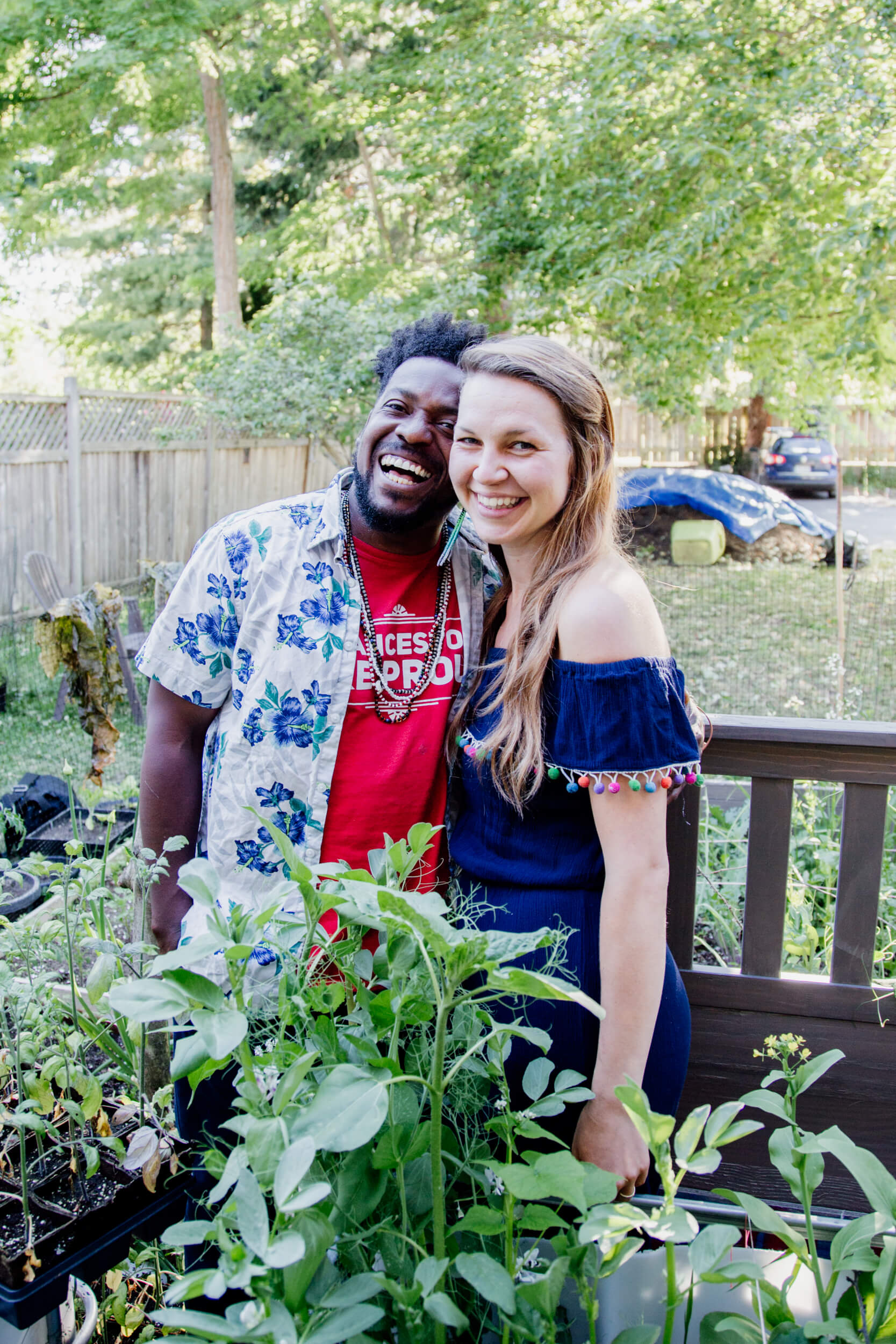
In Conversation with Ariel & Jess // Iyé Creative
Name: Ariel & Jess Reyes Barton
Business: Iyé Creative & Palenke Greens
Instagram: @iye.herstories
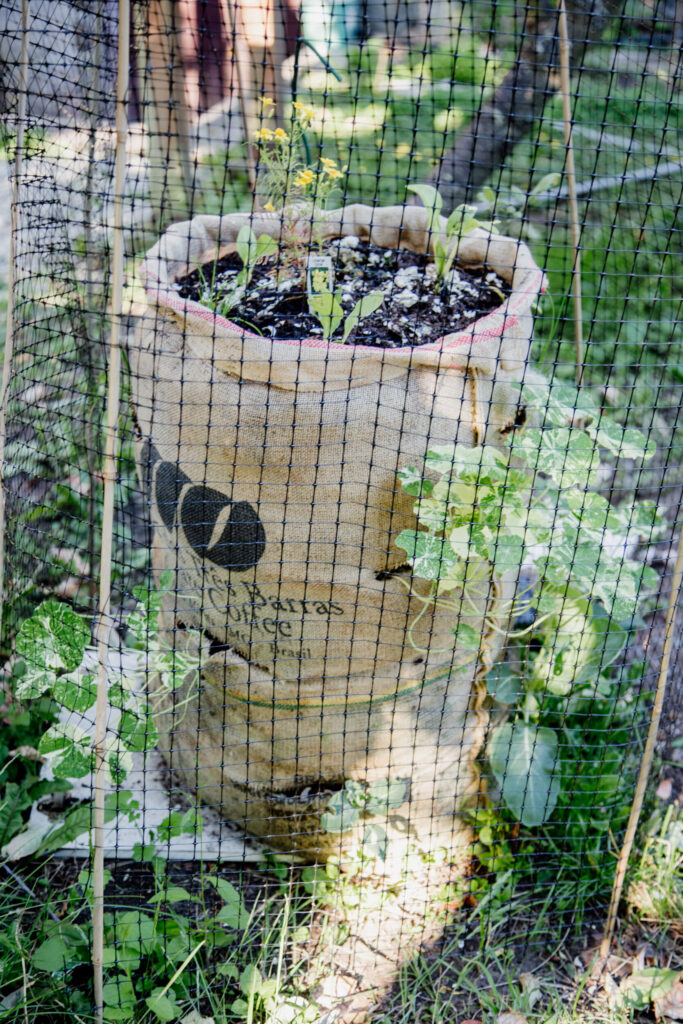
What is Iyé Creative? What is Palenke Greens?
Iyé Creative is a communal social enterprise that is a result of the current situation. We focus on supporting oppressed communities to co-create as a whole, solutions that address systemic issues.
Palenke Greens are burlap sack gardens, prioritizing people of African descent and other oppressed people who are facing food insecurity and have been disproportionately impacted by the pandemic and are interested in gardening, cultivating the Ubuntu spirit of communal self-reliance.
“Stewarding our own land, growing our own food, educating our own youth, participating in our own healthcare and justice systems, this is the source of real power and dignity.” – Leah Pinneman (Soul Fire Farm)
We loved visiting your garden and hearing your inspirational story. Can you tell us a little about your background and how Iyé & Palenke Greens came about?
Jess was born and raised in the suburbs of Vancouver and spent a lot of time with the other side of the family in Sydney, Australia. She has a background in Anthropology and Archaeology and has enjoyed working with First Nation communities across BC. It was an amazing opportunity for her to connect with community members and learn the ways of the land, and all of the magic and medicine it has to offer us!
Ariel was born in Santiago de Cuba, and has lived all over Cuba, Venezuela, and now Canada. His experiences as a Professor of Operations Management at the University of Informatic Sciences, production assistant of various documentaries, and operations manager of the Guampara Music label are some of his highlights over the last decade. Most recently, he has been working at the Victoria Immigrant and Refugee Centre Society (VIRCS), working to empower communities and cultural groups to raise their voices and become active agents for creating change for a better society.
From here, we set the intention to create a centre for holistic healing to connect, discuss, and practice as a means of breaking through the path of human suffering. Thus our purpose was about cultivating a community for an intuitive, inclusive future while sharing our journey to an unknown destination.
During this COVID crisis, the inequalities within oppressed communities increased exponentially, unveiling the incapacity of the system to distribute the wealth and work on systemic issues. Taking accountability in this historical time in humankind, we started to create different garden beds in our backyard to limit our dependence on grocery stores and stop supporting the international agricultural business. In our search for answers about how to give people tools of liberation, we found out that gardening is a resilient act to re-connect ourselves with the land, and prioritize a food justice model that serves all living beings, especially our Black brothers and sisters who are usually left at the bottom. We then committed to creating and nurturing a burlap-sack community garden.
This passion led us both to enroll in a mission to share and re-connect with the land and our ancestral wisdom. We started having discussions about plant-based living in our community, embodying the concept that food is medicine. Aimed at attracting persons interested in gardening, cultivating the spirit of communal self-reliance, and promoting environmental consciousness, this initiative is a fantastic opportunity for people who do not have access to sufficient physical gardening space; it will go a long way in helping numerous families with some essential and nutritious greens.
Both of our parents have been inspirations for us. Ariel’s dad was a famous chemist in Cuba who, before passing away, was supporting his community while developing natural medicines using local plants to soften ailments in the community, along with Ariel’s mum. Jess’ mum raised her learning about natural medicines, plants and gardening. She has so much knowledge of holistic health, natural remedies, and the medicinal qualities of plants.
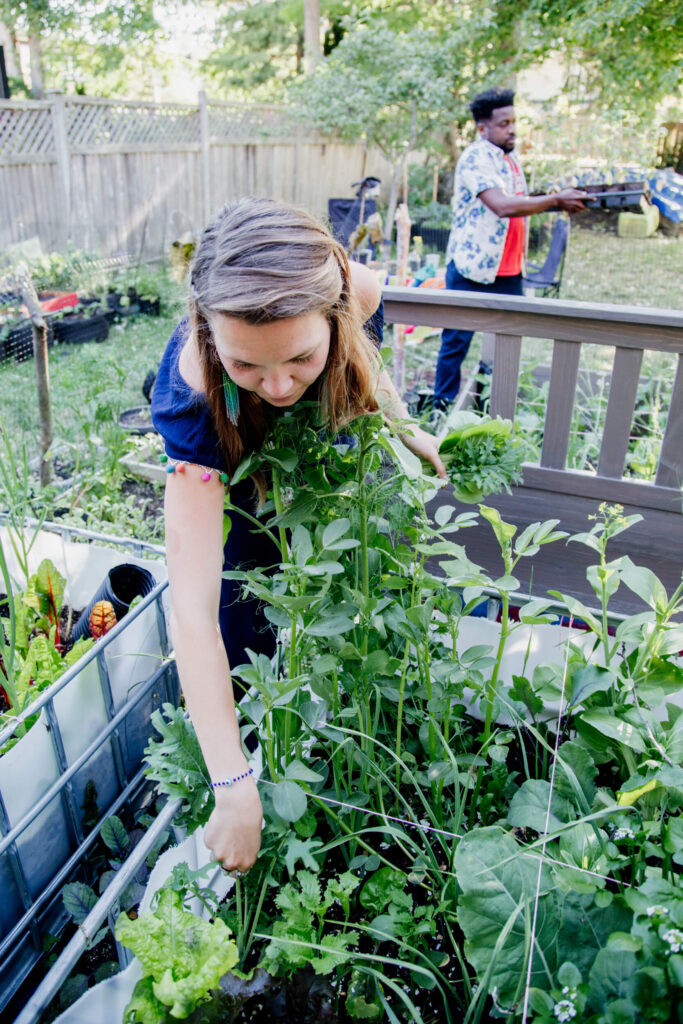
You’ve both lived and worked in Cuba. Can you tell us a little about your time there and how it prepared you for what you’re doing now? Have you always wanted to own your own business? What would you say is the hardest part of what you do? Anything you’ve learned that you would like to share with other business owners?
Our time in Cuba was amazing. We were able to co-found with our family the first independent urban music label in Cuba named Guampara Music and a dance school, the Centro Havana Salsa Club. We used a cooperative approach where all the profits were used to be reinvested in other community projects.
We have always been entrepreneurs — our business model is sustained in collaboration and creating abundance within the network we use to create viable systems. The hardest part is to step away from the “scarcity mindset.” It is essential to get into the field of all possibilities where you are able to align your passion with intention and attention in order to create no tension.
We have learned that it’s key to develop interdependent systems where you can see interactions, networks and components. The traditional way to make business is gone, and there are new currencies that have substituted money as a main focus, such as collaboration and cooperation.
You’re not online but use social media to help drive awareness. Can you tell us a little about that?
We’re still building our systems so we did not wait to start. Instead we’re raising awareness because we’re a communal social enterprise where our main purpose is not making profit, it’s about nurturing relationships. That’s why our social media channels are just about telling our stories, of our lives, feelings and struggles. In that way people can see that we’re just real people, just following our passions and making things happen!
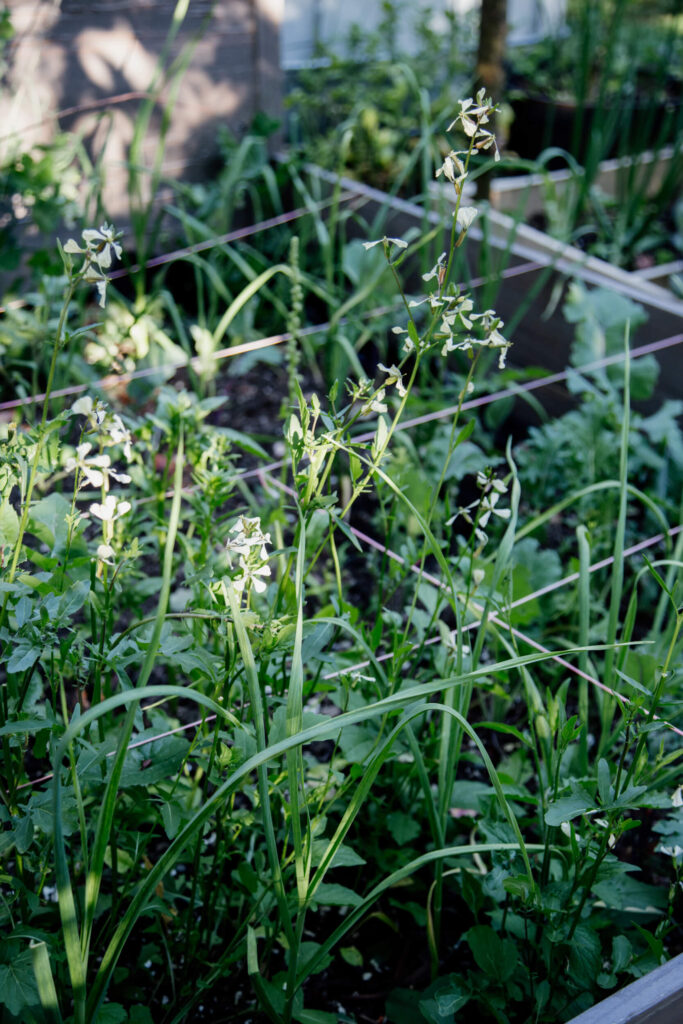
Can you tell us what you mean when you say holistic healing through plant-based living? What decisions do you make daily to live this way?
Iyé is a journey and we’re aware that this is just the beginning,
This path started when Jess was diagnosed with candida 5 years ago; since then, our marriage of cultures has brought us nothing less than a bounty of blessings into our kitchen and lives.
The predominant colonial thinking has created a distraction that allowed for the disconnect — from others, from community, from the land. This form of thinking has perpetuated everything outside of the self, and into the hands of the Masculine. It’s the contrast, it’s about pushing inwards, and examining things within yourself, and rebalancing the Feminine.
Our framework is about building communities and connecting alternatives based on global ancestral practices to solve local, modern unbalance. Holistic healing is about rescuing the Indigenous way of knowing and being which connects us to plant-based living, especially in the current situation we’re living in. It explains how we’ve been removed from the land and how to re-establish a reciprocal and lovely relationship to it.
Ariel’s Yoruba spirituality has led us to get into Afrofuturism and its cosmo-vision; he’s utopic with a very complex vision of life. So our decisions are based on our intentions and how to live a simple life in balance with the rest of living beings. It has not been easy because we’ve been killing our egos and attachments. Unlearning on a daily basis, while being kind to ourselves, during this process has been key. After recognizing the fact that you cannot fix people nor society, we’ve decided to share our own journey, and keep working towards the recognition of the Self. This is the first step in our evolution of harnessing our creative connection.
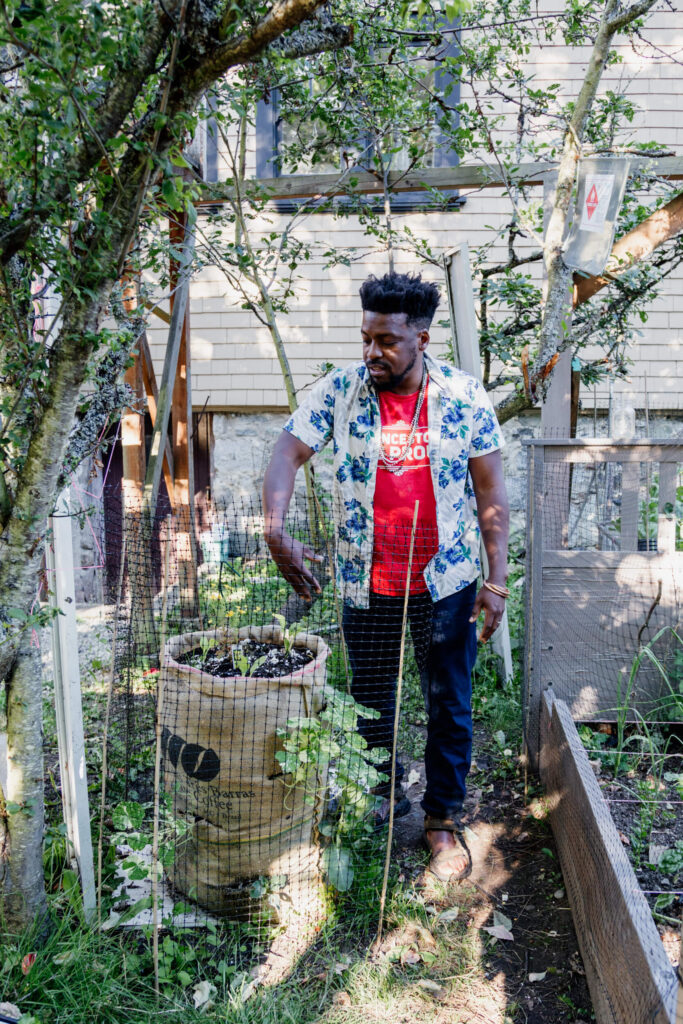
Where do you find inspiration? What or who inspires you?
We find inspiration in the ancestral struggle of our lineages that have been displaced from their own land. We can feel it and we want to honour all our relations. Ariel’s sign, from his Yoruba beliefs, is a gatekeeper and by being away from his family [in Cuba], the legacy of displacement has been an engine for him to pursue his passion. He’s been inspired to understand our ancestral beliefs and how it shapes our current lives.
Other key inspirations for us recently have been Leah Pinneman (Soul Fire Farm), Joe Dispenza, and W.E.B Dubois.
Starting a business can be challenging. What are some of the hardest lessons you’ve had starting your businesses? How have you overcome them?
The hardest lesson is balancing the day job that pays the bills, your life and pursuing your dreams, which means at the beginning you’re not making a living from the financial aspect. It creates a symbiotic relationship that, if you’re not able to figure out and find that balance, will crash like many people.
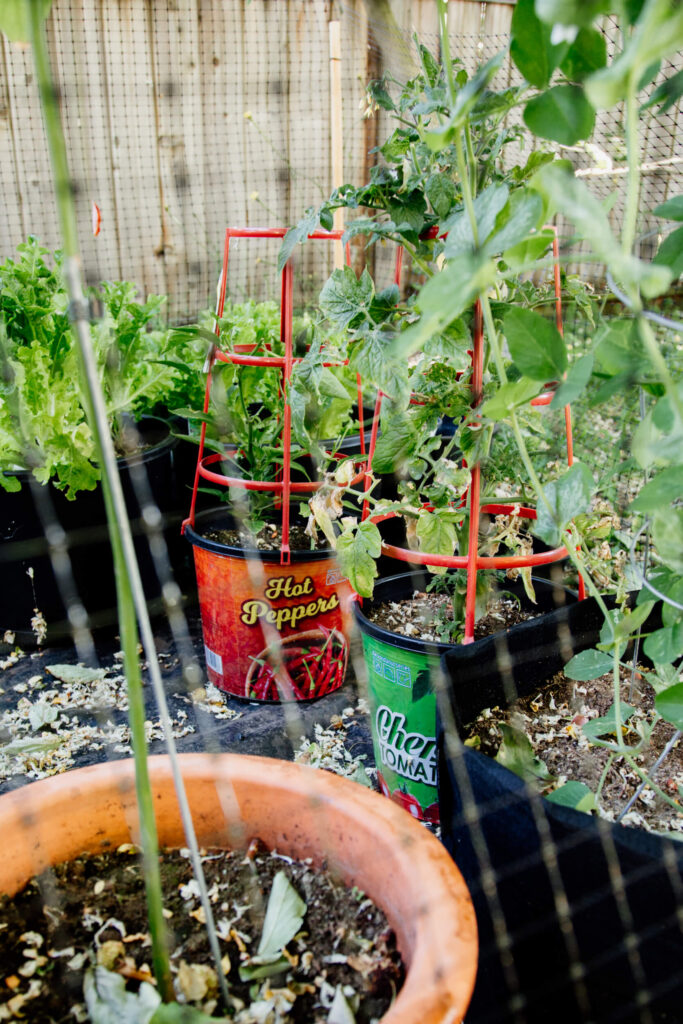
What advice would you give to someone starting out? Anything you would have done differently?
We’re still starting, but first of all, be clear of your dreams. Once you get that awakening call, just go for it!
How has the pandemic affected you? Have you made any hard decisions to get you through this difficult time? Can you share some of those decisions?
As event coordinators, the pandemic has affected our ability to host in-person events of all kinds. On the other hand, it’s given us the space and time to calm our minds and enrich our spirit to see everything more clearly.
The decisions we made were about stepping away from the scarcity mindset to generate abundance in our lives. Believe in your dreams and passions and pay attention to those that have always been beside you to support your journey and nurture those relationships. Just be aware that you have to start step-by-step, and it’ll take time, patience and lots of effort.
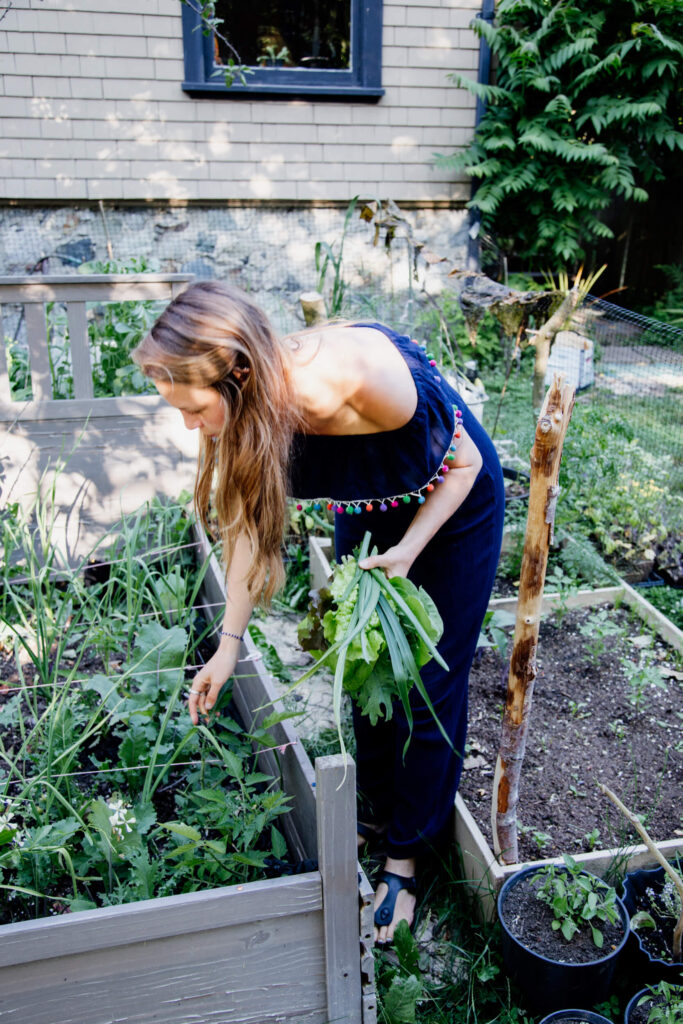
You are partners in life and business. How do you manage your work-life balance? What’s been working for you?
It’s hard because you should be able to separate each entity, such as the marriage entity, business entity, dream entity, and then create systems of support around them. We balance this with meditation and cooperative approaches to identify our skills and weaknesses so that we can combine them using strategies of cooperation. Defining what our signs are, for example, has been a great tool. Ariel is Air and Fire, and Jess is Earth and Water, so we balance ourselves out very well … but it’s not always easy!
As we navigate our new reality, what advice would you give to your fellow small business owners on what keeps you moving forward?
Create new currencies, envision a world beyond money. Establish partnerships based on systems of self-governance.
What three words best describe how you’re feeling today?
Grounded, energetic, hopeful.
Anything you would like to add?
We always say “Asé,” which in Yoruba belief is the capacity to make things happen and provoke change. Sending light and positive vibes your way!
